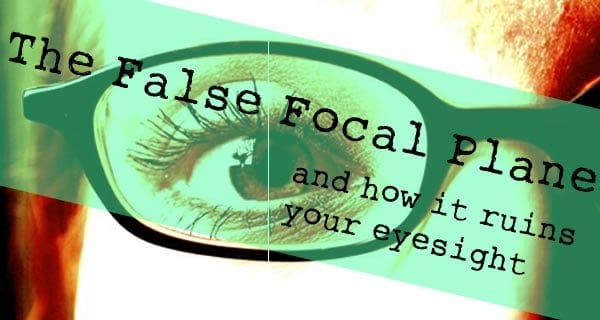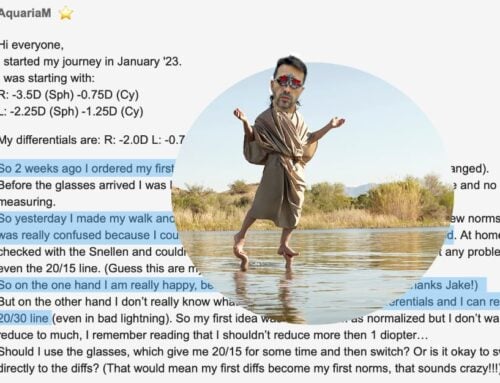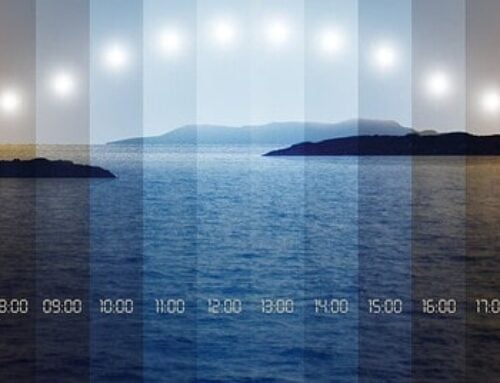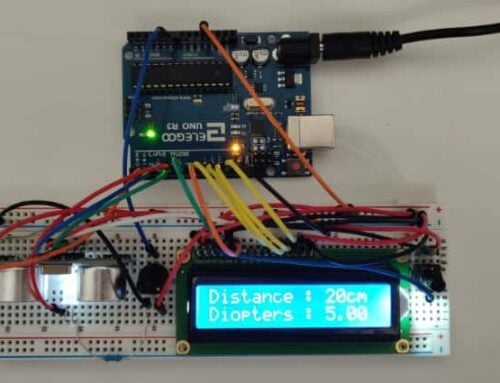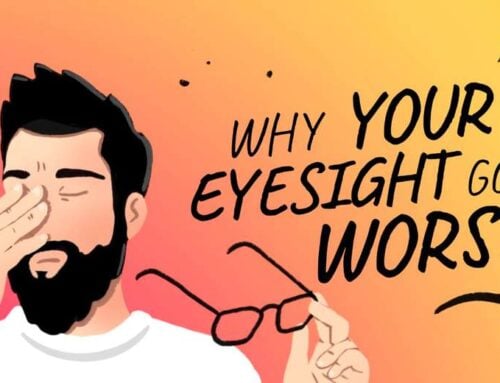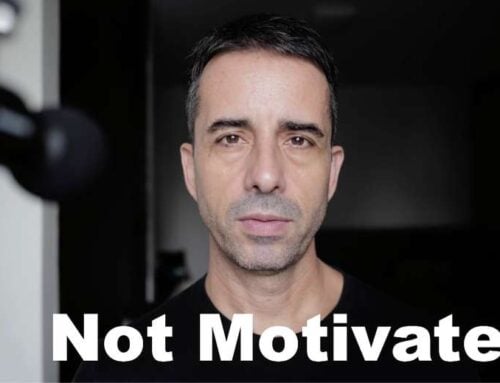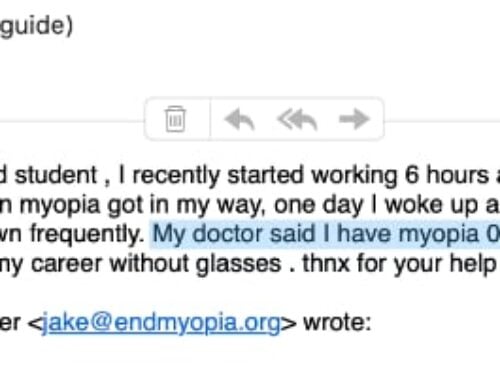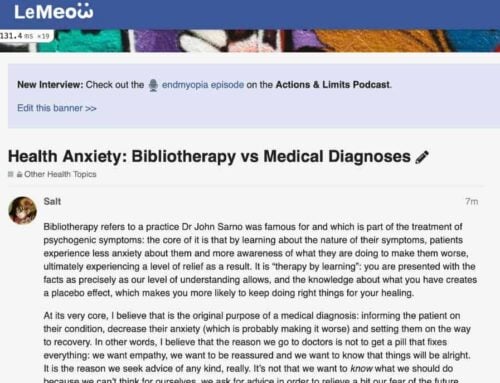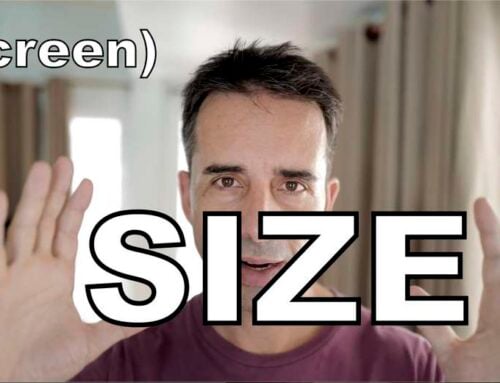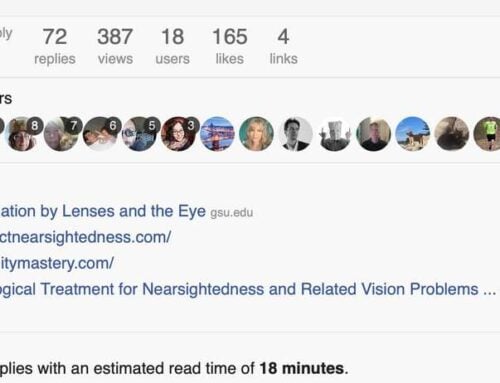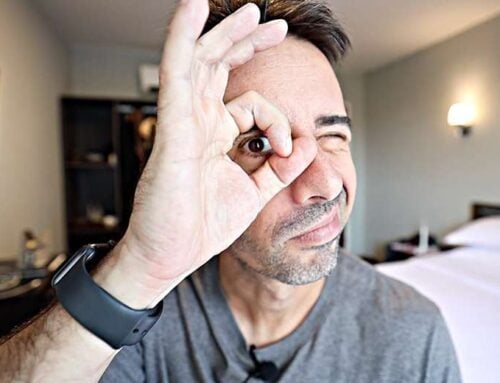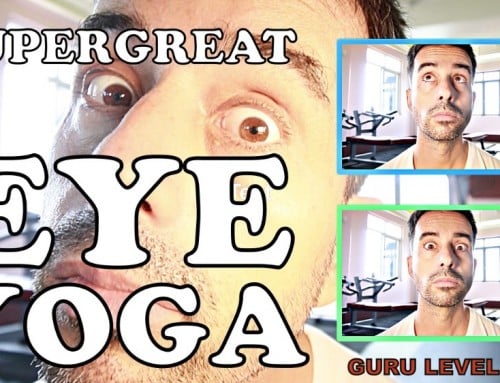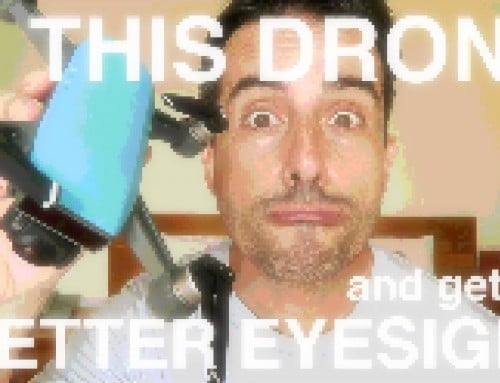Here is a quick tale of the damage you (might) be doing to your eyes, every single day:
It’s not bad news, really. I will show you a simple, single philosophy without which you are overexposing your eyes to entirely unnecessary strain. Use just this one single piece of advice, and you may actually experience some (mild) improvements in your eyesight – and at the very least slow the progression of myopia.
As a reader (and maybe client) of my myopia education site, you likely already know several things about vision health. Still, for the casual reader, there remains the question – if I could just offer one single suggestion for protecting your eyes, what would it be?
We talk a lot about vision improvement with the reduced lens method (endmyopia). But there is the step before that – stopping the bad habits that actually make your eyes worse.
One habit in particular, is highly destructive to your vision health.
I would like to put a single phrase on billboards, in newspaper advertisements, get a government mandate to have this warning posted on all myopia prescriptions written by ophthalmologists. Do you know what that one phrase would be? The one thing that harms your eyes more than anything else?
Reduced Lens Method Tennant #1: Do not ever, ever wear a full minus diopters while focused up close.
Here is a comparison, to help make this point. Imagine you sprained your ankle, doing your favorite outdoor activity. You go to the doctor, he gives you an ankle support brace and some pain killers. Now … what do you do?
You go back out to your favorite activity. Since you now have the brace and pain killers, you don’t feel a thing! You can continue playing that favorite sport, doing your run, whatever it may be. Right? It doesn’t hurt, so why not!
Of course you wouldn’t do this. You know that you need to take it easy.
Unfortunately that’s not what we are told with glasses. Nobody says to you ‘hey, you can’t see clearly in the distance because you overstrained your ciliary muscle by staring at a computer screen for eight hours, every single day’. You just get a prescription, without being told what it actually does, and how it affects your eyesight.
I’m told that people don’t like to read online. So, here’s the short version (see below for a link to the whole thing, and prescription recommendations):
Full minus significantly alters the focal plane inside your eye.
If you haven’t read the (very) basic science about this, catch up with it here: https://endmyopia.org/why-is-my-vision-blurry/
The lens moves the point where light focuses further back in your eyeball, allowing your myopic eye to see clearly in the distance. But, what happens up close? Your ciliary muscle contracts to change the focal plane to provide you with sharp vision up close. Can you see your computer screen clearly without your glasses? Yes you can! (Maybe you need to get close to it, but you don’t need full prescription lenses for this task).
The glasses are designed for distance vision. They create a false focal plane, which you need to see clearly far away. They also create this same false focal plane when you are looking up close, though. Glasses are not a sophisticated tool. Their focal plane change is static. If your eyes worked on a static focal plane, you could only see clearly at one specific distance. Glasses compensate for one specific distance category, and should only ever be used for that distance (see the FAQ for more on this).
Now when you are looking up close, your eyes have to compensate for this false focal plane (if you don’t take off your glasses). This creates a significant problem: Your vision system is getting an entirely false focal plane signal. The bigger subject of why your vision has gotten poor in the first place explains more of the underlying factors (explained here: https://endmyopia.org/why-is-my-vision-blurry/).
If you wear your distance focal plane adjusted lenses up close, your eyes will compensate again (as they did originally, to make up for all that ciliary muscle strain) – making your eye sight even worse.
Endmyopia’s reduced lens method fixes all of these issues.
Take off those glasses when focused up close. Don’t use diopters you don’t need. You don’t take a pain killer when your head doesn’t hurt. Likewise, you don’t want to wear a massive false focal plane, designed for distance vision, when you are focused up-close.
But, if your current prescription exceeds -3.00 or so diopters, you may not be able to see your computer screen from a comfortable distance, without glasses. What do do about this? I said I’d give you just one simple philosophy – but here’s a bonus:
You may want to use a differential glasses for up-close work.
This is a reduced correction which allows you to see clearly up close, but only has a small focal plane change, to help protect your vision. This is the very simple basic premise of the reduced lens method.
How do you figure out this differential correction? If you sign up for my newsletter below, I will send you a brief guide to help determine your ideal differential prescription for up-close focus. I will explain how you can measure your own eyesight, and how you can order lenses that were not prescribed by your local doctor (which can be an issue for some local optic shops).
So, what to do right now, today, to remove unnecessary eye strain?
1. Take off those full diopter false focal plane lenses, when focused up close. Never, ever wear them when reading or using a computer.
2. If you can’t read at a comfortable distance without that full prescription, get a differential prescription (more on that shortly).
I would tell you to also sign up for a month or two of my online rehab program, but that goes a bit beyond the purpose of this post. If you want more tips, suggestions, and my free guide to protect eyes with differential prescriptions – just sign up for my newsletter.

